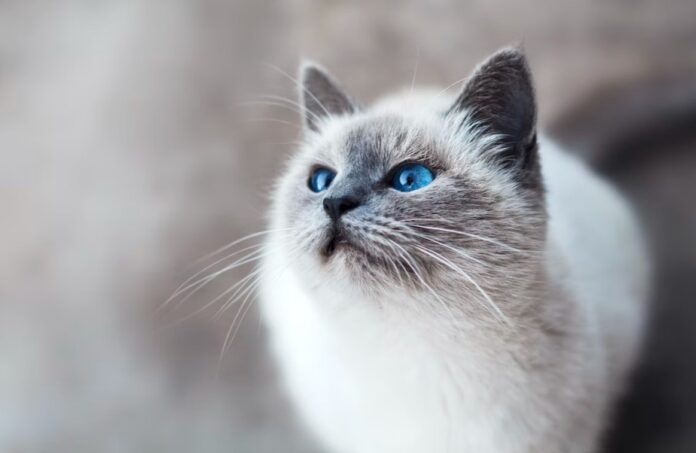A cat’s loss of appetite should never be ignored. Avoiding food for 24 hours or more, or 12 hours for kittens, can cause serious damage to a feline friend’s health.
A poor appetite is often a sign of illness or a medical condition, and you must get to the root cause to protect your pet’s health and restore its hunger pangs. Here are five possible reasons why your cat isn’t eating.
- Dental Issues
Cats may avoid food due to painful or diseased teeth and gums. If your feline friend has stopped eating, it is worthwhile taking them to a clinic near you to review their oral health.
For example, you can visit this affordable Katy veterinary clinic to review your pet’s teeth and gums. A qualified vet can identify inflammation, dental abscesses, fractured teeth, or resorptive lesions, to name a few possible issues.
A vet can then provide a treatment to resolve the problem. For instance, they may need to extract your cat’s tooth to eliminate pain and restore their appetite.
- Digestive Issues
If a dental problem isn’t the cause of a decrease in a cat’s appetite, digestive issues might be to blame. Abdominal pain, diarrhea, and vomiting could reduce a feline friend’s hunger when ill, but a digestive system condition might be the culprit, such as:
- Intestinal bacteria
- Irritable bowel disease
- Parasites
- Digestive system disease
Again, don’t delay in seeking medical attention for your cat to ensure they receive a diagnosis and treatment to make a full recovery.
- Gastrointestinal Obstruction
Cats won’t think twice about consuming an item they shouldn’t eat, which could become lodged in their stomach or intestines, known as gastrointestinal obstruction. If your cat has eaten an object they shouldn’t or swallowed a big hairball, food might be unable to pass through their gastrointestinal tract and may lead to vomiting or a lack of appetite. The foreign body may naturally pass through your feline friend’s system; however, they may need to undergo surgery to remove the item.
- A Psychological Cause
Your pet’s reduced appetite might not be due to a physical problem, as it might have a psychological cause, which is more difficult for a vet to diagnose. Consider if your cat has experienced any changes recently that may have caused its anorexia.
For instance, they might have stopped eating after moving to a new home, hospitalization, a new pet joining the family or a change to their cat food.
- A Vaccination Side Effect
It is common for some cats to experience a loss of appetite for a day or two after a vaccination. If your cat has recently received a vaccine and they’ve stopped eating soon after, their hunger pangs will likely return within 24 to 48 hours. If your cat doesn’t resume within this timeframe, or they experience side effects like vomiting or breathing difficulties, take them along to a vet immediately.
Your cat’s loss of appetite is bound to worry you, but a simple solution could resolve the issue to protect their health and happiness.










